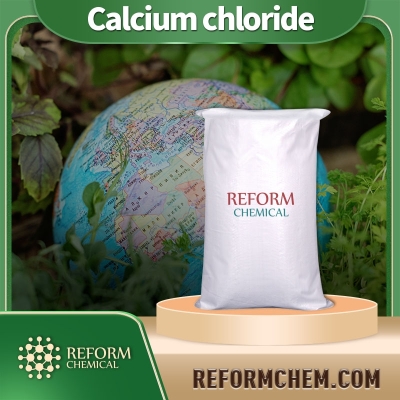-
Categories
-
Pharmaceutical Intermediates
-
Active Pharmaceutical Ingredients
-
Food Additives
- Industrial Coatings
- Agrochemicals
- Dyes and Pigments
- Surfactant
- Flavors and Fragrances
- Chemical Reagents
- Catalyst and Auxiliary
- Natural Products
- Inorganic Chemistry
-
Organic Chemistry
-
Biochemical Engineering
- Analytical Chemistry
-
Cosmetic Ingredient
- Water Treatment Chemical
-
Pharmaceutical Intermediates
Promotion
ECHEMI Mall
Wholesale
Weekly Price
Exhibition
News
-
Trade Service
Sodium carbonate, also known as washing soda, is a white, odorless, and water-soluble solid that is widely used in the chemical industry.
It is produced by the reaction of sodium hydroxide with carbon dioxide, and can be further treated to produce a variety of grades with different purity levels and physical properties.
Upstream Products of Sodium Carbonate
The upstream products of sodium carbonate are primarily raw materials used in the production of the final product.
These raw materials include sodium hydroxide, carbon dioxide, and water.
Sodium hydroxide is produced by the electrolysis of sodium chloride, and is used as a strong base in various industrial applications.
Carbon dioxide is a gas that is naturally present in the atmosphere, and is used as a reactant in the production of sodium carbonate.
Water is used as a solvent and a reactant in the production process.
Downstream Products of Sodium Carbonate
The primary downstream product of sodium carbonate is a variety of cleaning agents, water softeners, and food additives.
Sodium carbonate is used in the production of household cleaning agents, industrial cleaners, and detergents.
It is also used as a water softener, which helps to reduce the hardness of water by removing minerals like calcium and magnesium.
Sodium carbonate is also used as a food additive, with the most common use being as a leavening agent in baking powder.
It is also used as a preservative, emulsifier, and stabilizer in various food products.
In addition to its use in the cleaning and food industries, sodium carbonate is also used in the pharmaceutical industry as a raw material in the production of various medications.
Quality Control in Sodium Carbonate Production
To ensure the quality of the final product, the sodium carbonate production process involves several quality control steps.
These steps include the testing of raw materials, the monitoring of production processes, and the analysis of the final product.
Raw material testing involves checking the purity and quality of sodium hydroxide and carbon dioxide, which are the primary raw materials used in the production of sodium carbonate.
This testing is done to ensure that the raw materials meet the required quality standards, which is essential for producing a high-quality final product.
During the production process, the quality of the sodium carbonate is monitored by testing the pH, temperature, and pressure of the reaction mixture.
This helps to ensure that the production process is proceeding as intended and that the final product meets the required quality standards.
Finally, the final product is analyzed for various physical and chemical properties such as pH, density, and purity.
This analysis is done to ensure that the final product meets the required specifications and is suitable for use in various applications.
Environmental Impact of Sodium Carbonate Production
The production of sodium carbonate has a relatively low environmental impact when compared to other industrial processes.
The primary by-product of the production process is water, which is a non-hazardous waste product.
However, the production process does involve the use of strong chemicals like sodium hydroxide, which can have a negative impact on the environment if not handled properly.
To minimize this impact, strict safety measures are followed during the production process, and the waste products are properly disposed of in accordance with local regulations.
Economic Impact of Sodium Carbonate Production
The production of sodium carbonate is a commercially viable process that is widely used in the chemical industry.
The global demand for sodium carbonate is increasing, and the market is projected to continue growing in the coming years.
The economic impact of sodium carbonate production is significant, as it provides employment opportunities and contributes to the economy of the regions where it is produced.
The production process also involves the use of local raw materials, which







